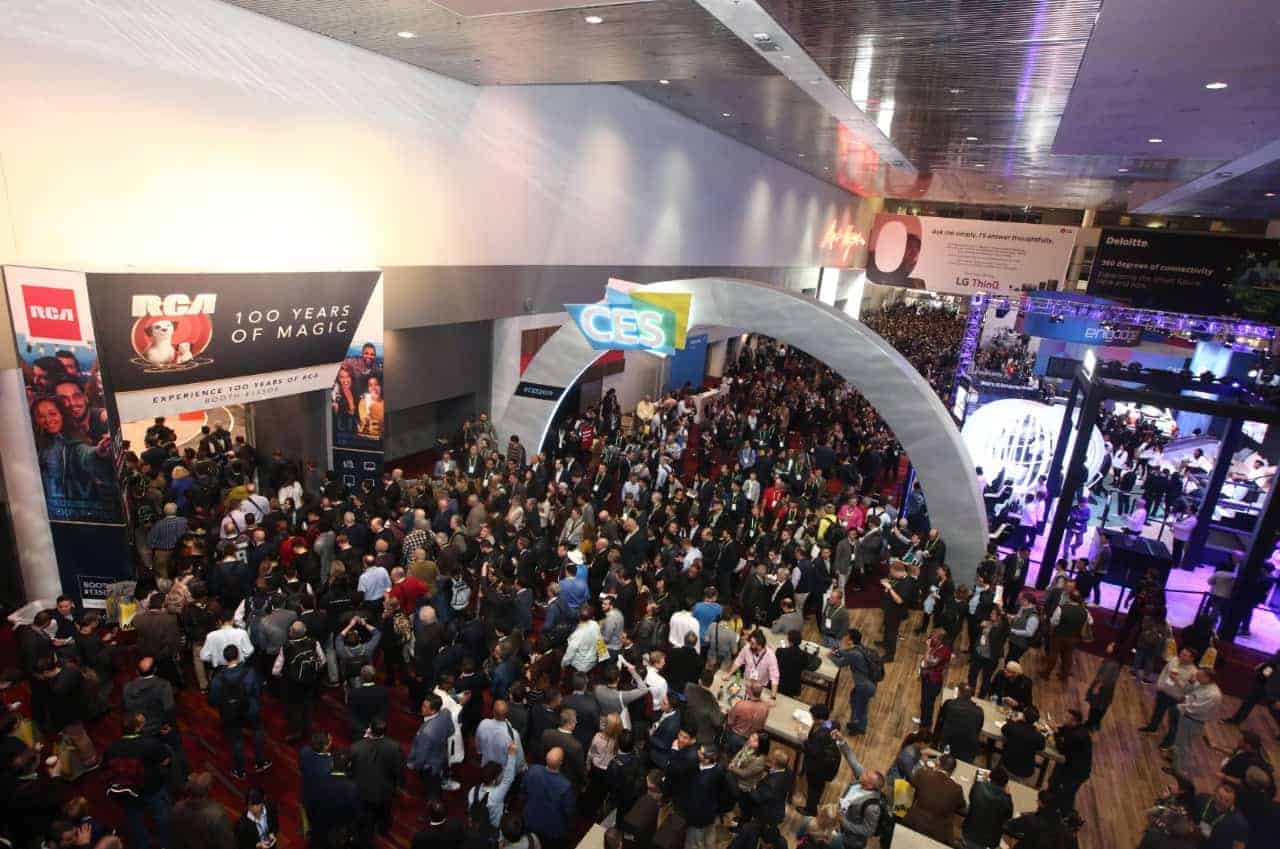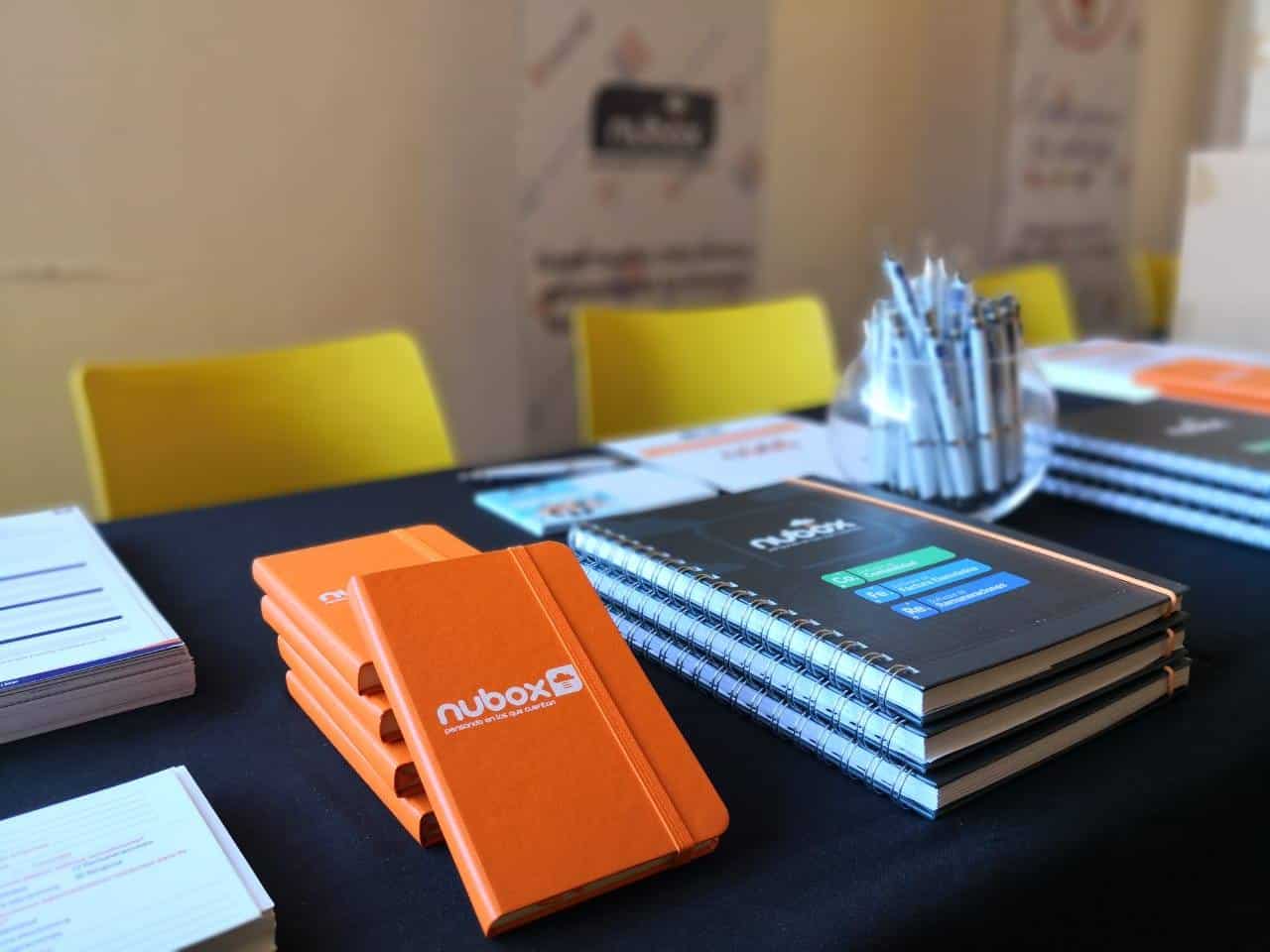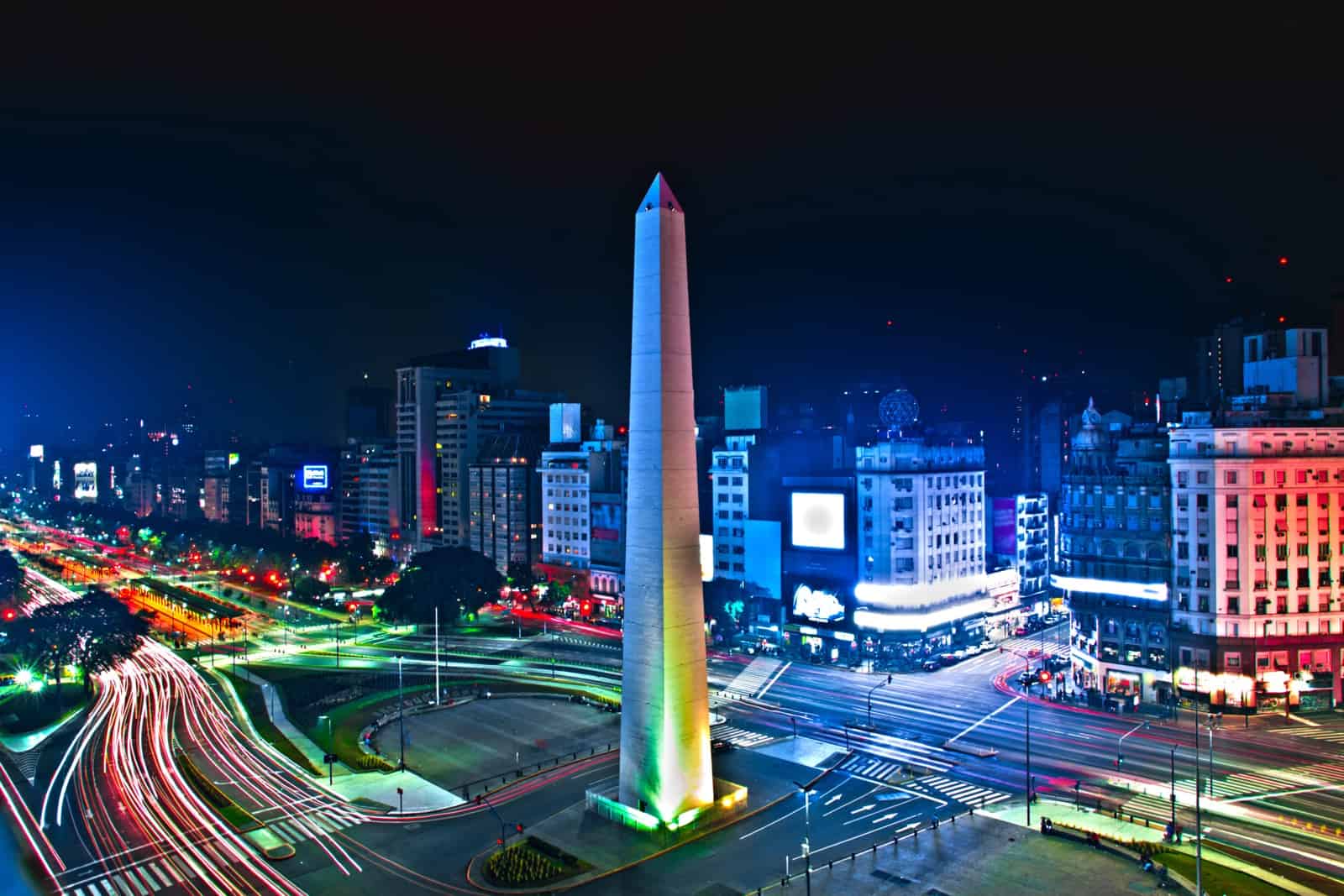Contxto – Ah, Vegas! Home to more than 100 casinos, but also
The Consumer Electronics Show (CES) took place at the Vegas World Trade Center from January 8th to 10th, where rising consumer technologies gathered in order to display their progress.
This event has served as an innovation stage for over 50 years and it’s one of the biggest launching platforms for emerging technologies.
This year, more than 4,500 exhibiting software companies, hardware manufacturers, and suppliers were featured. It had more than 250 conferences and registered more than 180,000 attendees from 150 countries.

With 11 official venues, the CES covered 33 product categories and 24 markets. Among some of its categories we were able to find:
· AR/VR games
· Artificial Intelligence and Robotics
· Big Data
· Drones
· Digital Money
· IoT Infrastructure
· iProducts
· Resilience
· Blockchain
· Self-Driving Technology
· Sleep Tech
· Enterprise Solutions
· 3D Printing
· Vehicle Technology
· Wearables
· Wireless Devices and Services and more.
Moreover, this event represents a climax in terms of product launching.
In previous editions, very important technologies have been presented during this iconic summit, such as the Video Cassette Recorder (VCR), the Camcorder and Compact Disc Player, the Digital Satellite System (DSS), Microsoft’s Xbox, Plasma TV, Tablets, Android Devices, Smart TV, 3D Printers, Virtual Reality, and many more.
Mexico made itself present as one of Latin America’s most innovative countries. In this year’s edition, 30 Mexican companies – 10 more than last year -participated. Each one of them, worthy to represent Mexico.
The call sought micro, small, medium and large companies; people with business activity and institutions of higher level in the country to participate in 2019’s electronic show.
Apps, digital services, and consumer electronics were all welcomed by the attendees.
The participating industries were AI, IoT, Big Data, Robotics, Virtual and Augmented Reality, 3D Printing, Cloud Computing, Nanotechnology, Cybersecurity,
These are some of the Mexican companies that participated this year:
AirTM (Mexico City)
Electronic p
Proactible (Jalisco)
It’s a manufacturer of artificial lower limbs that uses accurate sensors to create custom prostheses.
XplorADN (Jalisco)
ITESM-developed spin-off that analyzes the DNA of people through saliva samples to know the patient’s propensity to suffer certain diseases.
Earth IoT (Puebla)
Synx (Jalisco)
Synx is a set of tools that uses Machine Learning technology to create and turn datasets into intelligent models.
Roomie-IT (Mexico City)
Roomie is a home/office assistant that uses facial recognition, machine learning, and natural language processing to turn a simple gadget into a real-life, very useful helper.
Ad Sensors (Nuevo León)
Creators of an IoT platform that analyzes cold chain processes and uses sensors
Setenal (Jalisco)
System capable of monitoring the use of cargo tires and passenger transport which reduces fuel consumption, costs and safety risks.
Strap Tech (Jalisco)
17-year-old Diego
Black Light (Jalisco)
Gigalifi
Provides Light Fidelity (Li-Fi) services. It turns actual light into an
Worth-mentioning Outcomes
There’s no doubt, this year’s CES edition attracted the attention of great technology leaders and investors with a vast presence of ventures from Jalisco, Mexico City, Puebla, Tlaxcala, Mérida,
Proof of this is that during the event, these Mexican companies managed to consolidate more than 50 million pesos in investment, and in average nine potential customer deals, for each one.
Without a doubt, this is the opportunity to introduce greatly innovative products and technologies to new markets.
The next CES will be held on January 7th, next year. Stay tuned.






